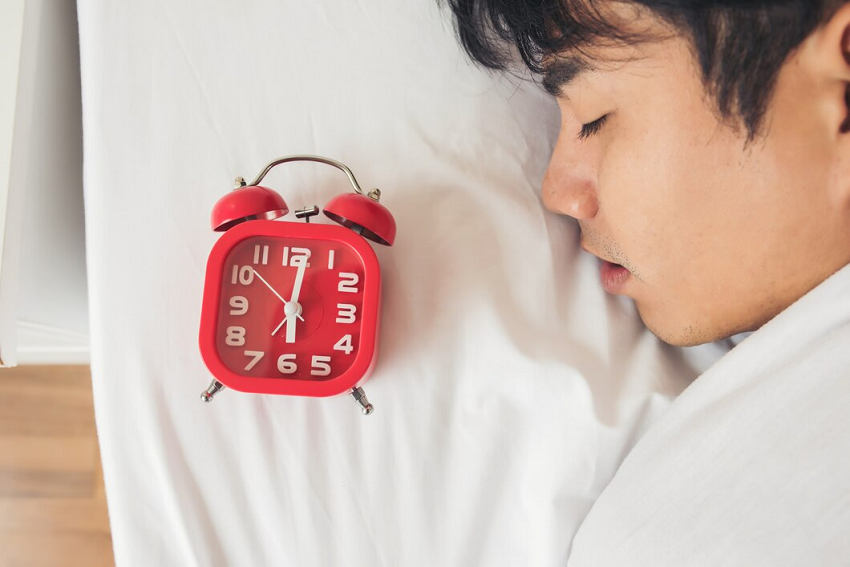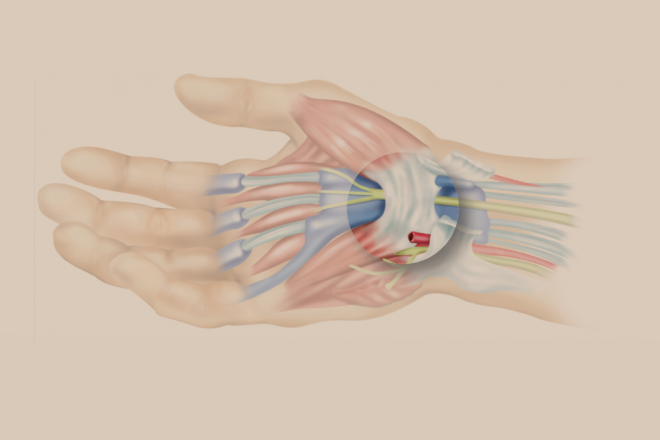In a fast-changing society, where there are lots of activities and developments happening, the most important thing is a good night’s sleep. This is the time when our physical and mental abilities are refreshed and we are ready for the rest of the day’s work. And I am sure you have never thought about how many hours you sleep, but sleep timing really matters a lot to your life.
Getting to sleep at the right time is central to good health because we need to know that timing is everything. As with any natural phenomenon it is important to understand how it works and how it impacts us so we can make better choices regarding our sleeping patterns. Come to sleep timing and learn how to get out of trouble with the world of sleep timing and manage a healthy sleep-wake cycle for your health.
The Science of Sleep Timing

Our sleep wake cycle is determined by what is known as the circadian rhythms. These are internal cycles that occur every day to inform us when to sleep, wake up, eat, and other aspects of our daily lives. Our wellbeing heavily relies on them and they are important for doing so, because they coordinate the primary functions in our body like the metabolism, the secretion of hormones and the temperature of our body, for example.
The animal’s sleep-wake rhythmicity is controlled by the suprachiasmatic nucleus (SCN) in the hypothalamus of the brain. SCN receives the light signals from the retina and then resets the circadian clock inside of us to the environmental clock. Visible light exposure, especially during the morning, has been found to support the circadian wake promoting physiology, on the other hand, darkness especially at night enhances the synthesis of melatonin that makes the body sleepy.
Though they control the period we sleep, the rhythms control the period when we are fully awake and productive. Circadian rhythm synchronization shows that when our sleep-wake chronotype is aligned with our circadian clock, our mental and physiological fitness can be enhanced during the day. This need for alignment grows as we grow older because our biological clocks become compromised and thus we become susceptible to sleep disorders and their consequences.
Why Sleep Timing Matters
As for physical fitness, circadian rhythm plays an essential role in influencing distinct segments of people’s health condition. As per reports, people who sleep in irregular patterns tend to get other illnesses, such heart diseases diabetes and weight issues. Sleep which occurs at the wrong time can disrupt the body’s circadian rhythms that are directing glucose and insulin metabolism, cholesterol and triglycerides and cause metabolic disorders.
The timing of sleep has also been shown to be linked to health since people who go to bed late have a weaker immune system than those who go to bed early as they can fall sick and be sick constantly. Secondly, it can lead to chronic inflammation (which has been linked to many diseases, including heart diseases, diabetes, and some types of cancer).
Schedules of sleep are also very important to mental health. Clues on stress levels, mood and degree of cognitive acuity reducing which can significantly heavily on our general wellness. Unwanted changes in sleep schedules affect mood related disorders such bipolar disorder, depression and anxiety, cognitive dysfunctions such as memory and attention.
Also, studies have proven that the timing of our sleep affects our work or academics productivity. Those who synchronize themselves with their biological timing are more likely to stay awake, attentive, and effectively productive when awake. This alignment also can enhance the learning capacity and help in retention to thereby foster success in various learning activities in life.
Ideal Sleep Timing: Does One Size Fit All?
People also differ in when they are night owls or morning larks, which means when they want to sleep and when they want to wake up. Chronotypes can broadly be categorized into three types: groups such as the morning people, evening chronotypes, and mixed chronotypes populations.
Early chronotypes are morning people while the evening chronotypes are evening people with mixed chronotypes functioning at mid-morning and mid-evening. There is great influence from hereditary factors, and other factors including age and sex are also playing a role.
The sleep window is the time when you think you are most vivid and fresh throughout the day and possibly sleepy at night. Such information will help you to set a particular time for going to bed and waking up at a particular time to suit the natural biological clock.
Possible Effects of Misaligned Sleep Schedule
Thus, when choosing sleep timing, the guidance of the body clock has adverse effects on individual’s health. For instance, shift jobs have many adverse effects on the health of employees raising the possibility of heart ailments, metabolic disturbance and some forms of cancer. This is because shift work interferes with the body’s internal clock and makes the body to be able to regulate its own sleep timing.
And jet lag, the way it makes you feel crossing time zones, can be disruptive as well. The condition is also known as jet lag because it is more distressing the further you have to travel across time zones, and it manifests such things as fatigue, inability to concentrate and emotional lability (mood swings).
It has been established that social jet lag is the total cost associated with overturing and sleeping on weekends after following an ordinary working schedule during weekdays. And these negative effects can lead us to Obesity, poor mental health, and poor cognitive development.
Tips to Align Your Sleep with Your Body Clock
There are practical measures and habits provided below, which can help to create your sleep timing, corresponding to your body clock.
A few of the best practices are getting to bed at the same time each night and waking up at the same time every morning, including on weekends. It regulates the body’s biological rhythms and gives you good quality of sleep.
Other things include timetables of screen exposure, artificial light exposure at night, because artificial light interferes with the secretion of the hormone that regulates sleep and wake cycles (melatonin).
At the same time there is no better source of your circadian rhythms strengthening than receiving natural light during the day.
People who suffer from shift work disorder can use strategies to shift the body’s clock gradually to another sleep-wake cycle. The solution to this problem is very easy, you just need to start adjusting the time you go to bed and when you wake up, by 15 min at a time.
Conclusion
In conclusion, it becomes an important factor to make sure that you achieve correct synchronization between your sleep pattern and your circadian rhythms to have a better quality of health. A person can know about the circadian rhythm and its impact on health, and thus fall asleep at the appropriate timing. The optimization of sleep can be made by making small changes, which will include turning to bed earlier, avoiding most screen time in the evening and exposing natural light during the day.
Therefore, do not hesitate to think about how well you are sleeping and whether it is, in fact, possible to improve that with some changes. You may be shocked to what extent it can contribute to the making of your life. So, sleep and its timing are significant with an impact to happiness, health, and success in life.






